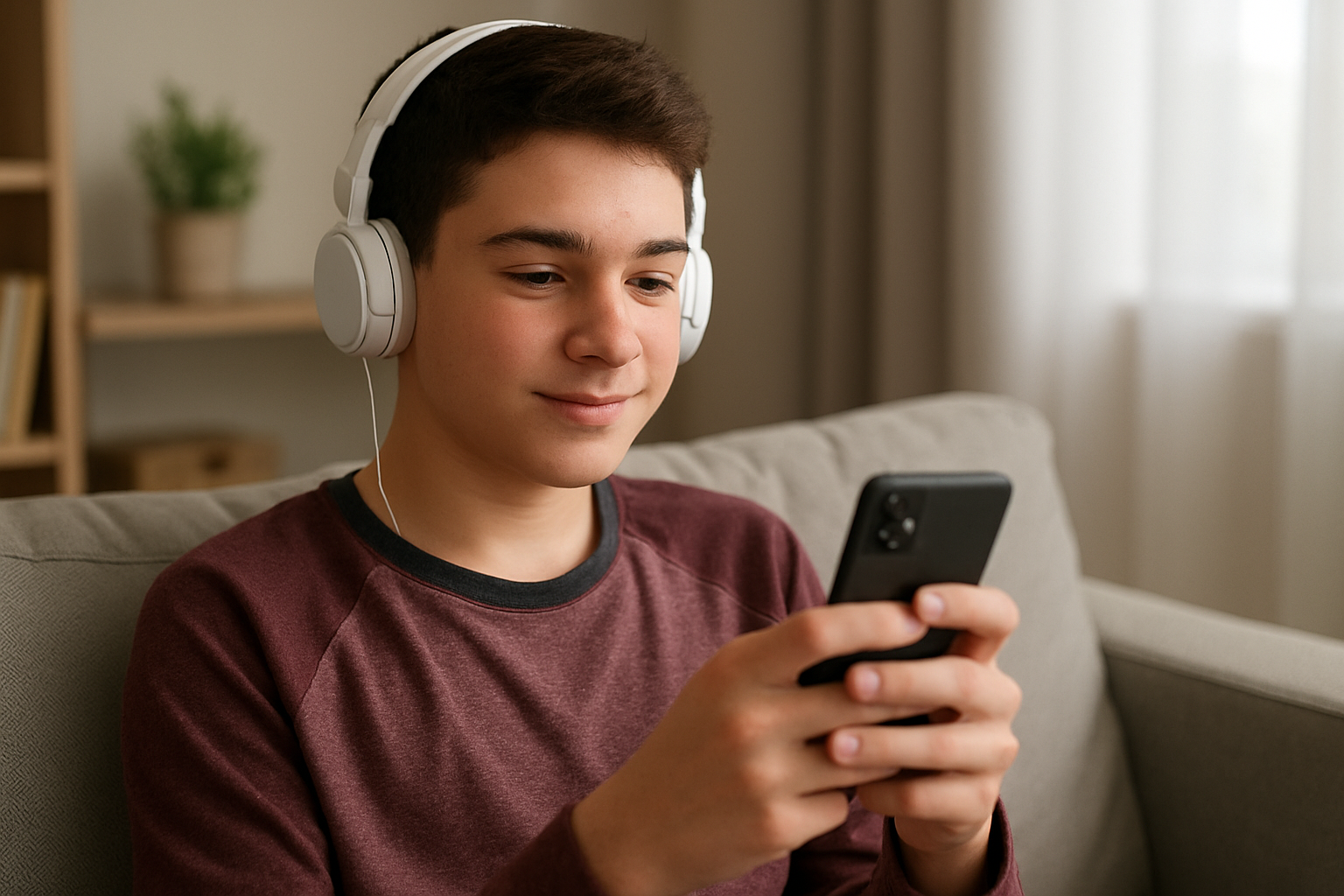In today’s world, social media is everywhere. People use it to talk to friends, share photos, watch funny videos, and keep up with news. Platforms like Instagram, Facebook, TikTok, and Snapchat are part of daily life for many. But while social media is fun and helpful in some ways, it can also cause problems. One big concern is the effects of social media on mental health.
This blog explains how social media affects the way we feel, think, and act. It talks about social media and mental health, how it can lead to problems like social media depression, and why youth mental health is especially at risk.

The Link Between Social Media and Mental Health
The effects of social media on mental health are often hidden at first. People might not notice that spending a lot of time online is making them feel worse. Social media is full of perfect pictures, fun videos, and stories that look exciting. Much of what we see online doesn’t reflect real life. It’s just the best parts.
When people compare their own lives to what they see online, they may feel like they are not good enough. They might feel sad, lonely, or left out. These feelings are all part of the growing link between social media and mental health issues. Many people say they feel worse after scrolling through their feed for a long time, but they don’t know why.
Social media can also lead to stress. Worrying about how many likes or comments you get can become a daily problem. This stress builds up and can harm your mental well-being.
What Is Social Media Depression?
Social media depression is when someone starts to feel sad, tired, or hopeless because of things they see or experience on social media. This is becoming more common, especially in young people. A person might feel ignored if no one reacts to their post. They might feel jealous if their friends seem happier or more successful online. With time, these small moments can grow into bigger emotional struggles.
The effects of social media on mental health can grow stronger when people hide their feelings. They might look happy in pictures, but feel sad deep down. The pressure to always seem happy online can make real-life problems worse. Social media depression can make people lose interest in things they used to enjoy, and it can even affect sleep, eating habits, and relationships.
Youth Mental Health and Social Media Use
Youth mental health is greatly affected by social media. Teenagers and young adults use social platforms more than anyone else. Many of them check social media first thing in the morning and again before bed. They spend hours scrolling, liking, sharing, and commenting.
Because their brains are still growing, young people are more sensitive to what they see and hear. If they are bullied online or feel rejected, the pain can be deep. Some teenagers feel pressured to change their appearance or behavior just to be accepted. This can hurt their confidence and self-worth.
The effects of social media on mental health are especially strong in GenZ because they often don’t talk about their feelings. They may feel alone or afraid to ask for help. That’s why youth mental health has become a major concern in discussions about social media.
Too Much Screen Time and Its Impact
Another problem is spending too much time on screens. When people are on social media for many hours a day, it can lead to tired eyes, poor sleep, and low energy. Bad sleep makes it harder to stay calm, focus at school or work, and enjoy life. This adds to the negative effects of social media on mental health.
Spending too much time online also leaves less time for activities in the real world. People might stop going outside, meeting friends in person, or doing things they love. This can lead to boredom, loneliness, and sadness, all signs of social media depression.
Can Social Media Help Mental Health?
While social media has its risks, it can also have positive effects when used properly. Many pages and communities offer support for mental health. People share stories, tips, and advice. This helps others feel less alone.
Some people use social media to talk about their feelings and find support. For those who live far from friends or family, social media can be a way to stay connected. It can even help people find mental health services or learn how to take care of themselves.
But even with these benefits, we must be careful. The effects of social media on mental health depend on how we use it. If we let it control how we feel, it can do more harm than good.
How to Manage Social Media for Better Mental Health
To avoid the bad effects of social media on mental health, it helps to use it in a smart way. Start by asking yourself how you feel after using social media. If you often feel sad, jealous, or tired, it may be time to change how you use it.
You can take breaks during the day and avoid using it at night. Try not to follow pages that make you feel bad about yourself. Instead, follow people and topics that make you feel happy, inspired, or relaxed.
If social media is making you feel upset, talk to someone about it. It could be a parent, friend, or school counselor. You don’t need to handle these challenges by yourself. Talking helps, and so does spending time away from screens.
Remember, social media is just one part of life. There are many things that matter more—like real friendships, hobbies, family time, and taking care of your mind.
Conclusion
The effects of social media on mental health are real and growing. More and more people, especially young ones, are feeling sad, anxious, or lonely because of what they see or experience online. Social media depression is a serious problem, and youth mental health is more at risk than ever.
But the good news is that we can change how we use social media. By using it less, being more mindful, and talking about how we feel, we can protect our mental health. Social media is not going away, but we can learn to use it in a way that helps us, not hurts us.
If social media is making you feel down, take a break. Spend time with real people. Talk about your feelings. Your mental health matters—and you deserve to feel good, both online and offline.


